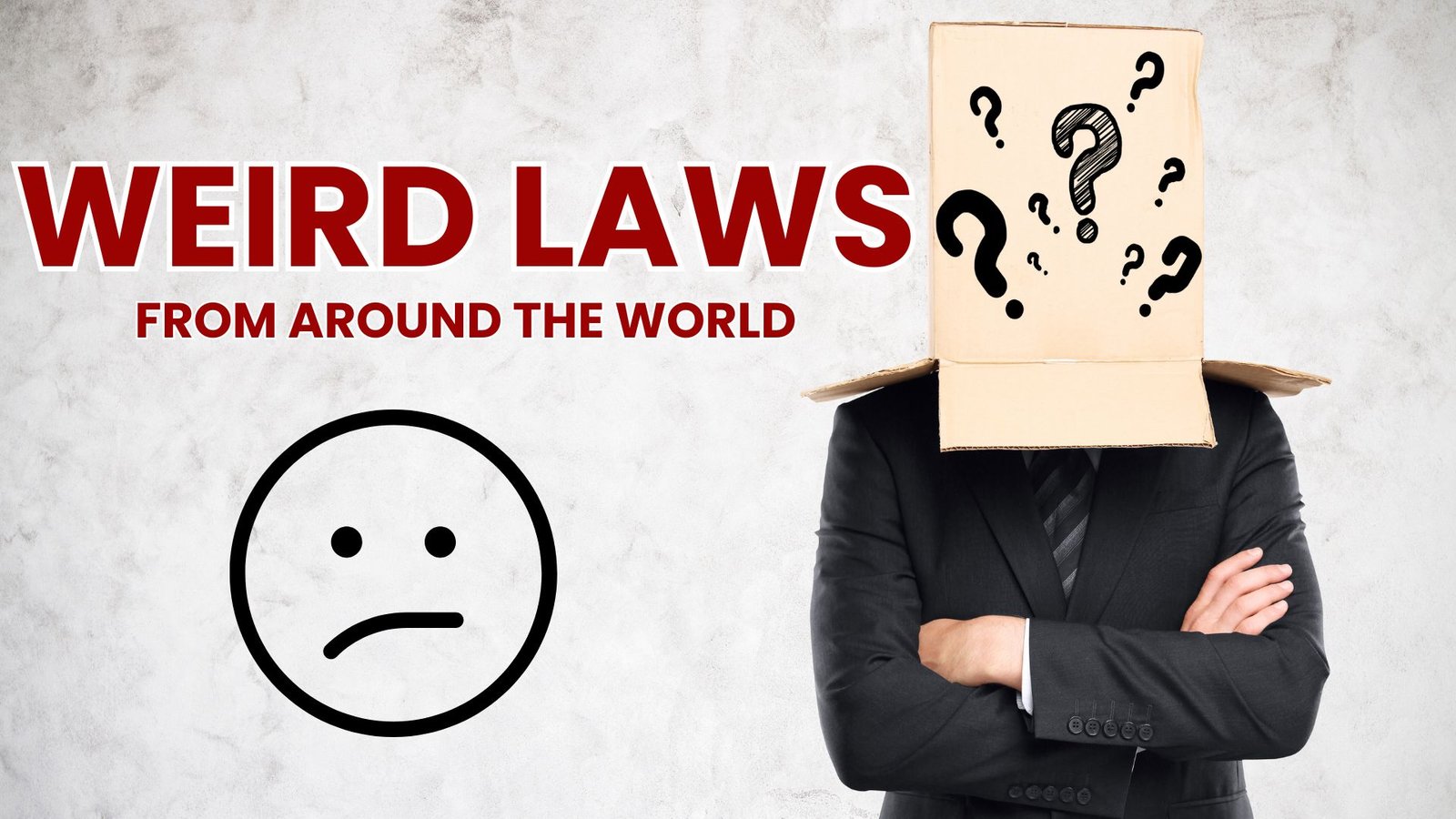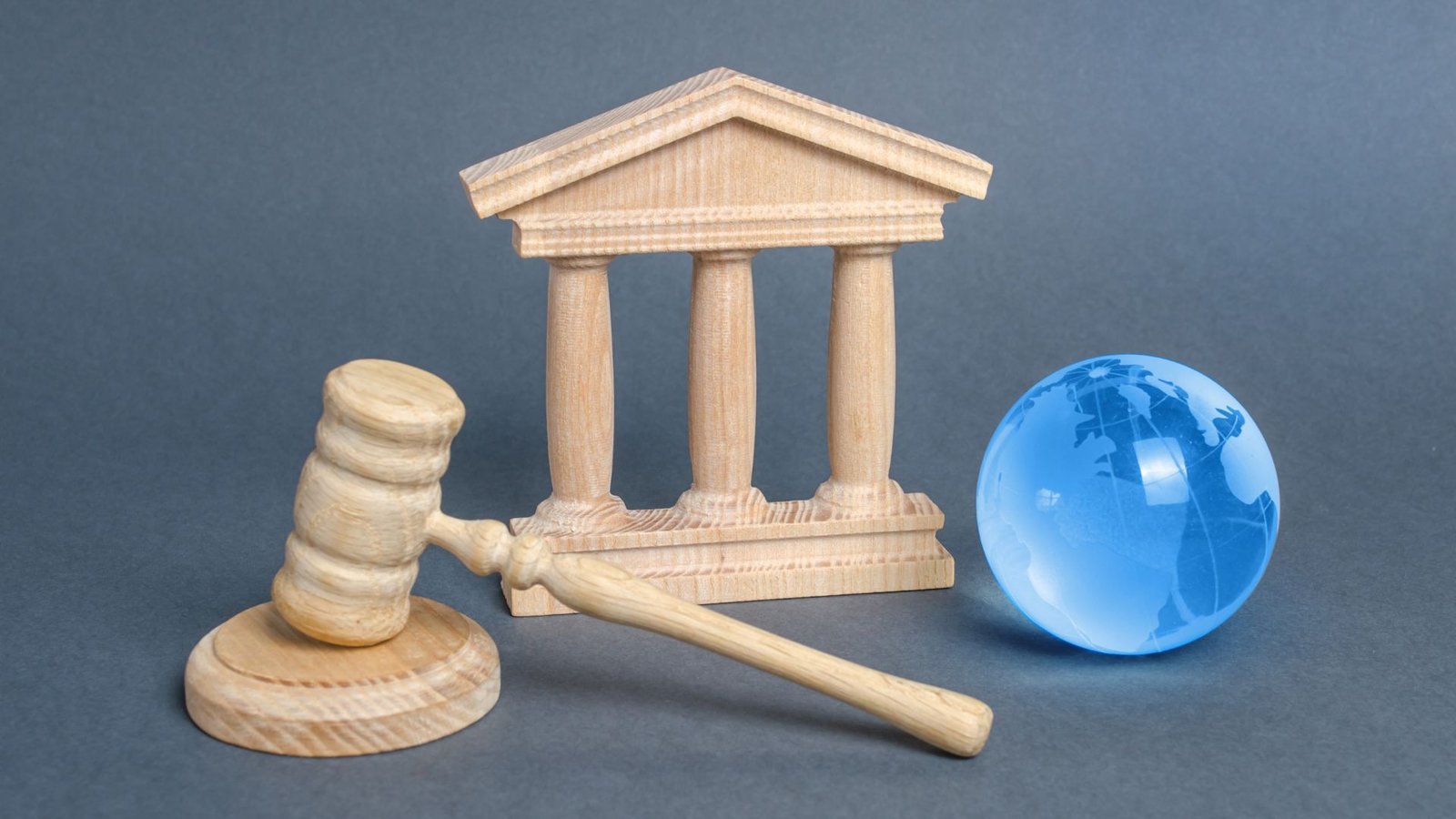On this page you will read detailed information about Role of Data Privacy in Times of Armed Conflict.
Introduction
In an increasingly digital world, the role of data and its impact on various aspects of our lives cannot be underestimated. This is particularly true in times of armed conflict, where data can be both a powerful tool for protecting civilian populations and a weapon for advancing military objectives. The production, collection, and dissemination of data have become essential components of modern warfare. However, the misuse and abuse of data in times of armed conflict pose significant challenges to the principles of privacy, information security, and digital rights. In this article, we will explore the importance of data privacy in times of armed conflict and discuss the need for legal frameworks and enforcement mechanisms to protect digital rights during wartime.
Understanding Data Privacy in Times of Armed Conflict

Data privacy refers to the right of individuals to protect and safeguard their personal information from unauthorized access, use, or exposure. It is a fundamental right rooted in the principle of human dignity and is essential for ensuring the autonomy and privacy of individuals. In the context of armed conflict, data privacy becomes even more critical as the misuse of personal data can have severe consequences for civilians caught in the crossfire.
Data privacy encompasses the protection of personal information from unauthorized access, collection, storage, analysis, and dissemination. It involves ensuring that individuals have control over their data and have the right to know how their data is being processed and for what purposes. The General Data Protection Regulation (GDPR) of 2016 provides a comprehensive framework for data protection in the European Union, emphasizing the importance of individual rights and consent in the processing of personal data.
In the previous post, we had shared information about Weird Laws From Around The World, so read that post also.
The Use and Misuse of Data in Warfare
In the digital age, armed conflicts involve a wide range of data-intensive activities and technologies that were unimaginable in the past. Militaries and paramilitary groups are actively engaged in the datasphere, utilizing machine learning algorithms, collecting extensive amounts of personal and non-personal data, and employing digital surveillance, censorship, and disinformation capabilities. These activities, while potentially serving legitimate military objectives, also raise concerns about privacy violations, human rights abuses, and the commission of war crimes.
Examples of Data Misuse in Armed Conflicts
The ongoing war in Ukraine provides several anecdotal examples of the use and abuse of data in warfare. Commercial satellites operated by private companies are used to collect intelligence imagery, while user-generated evidence plays a crucial role in documenting violations of international humanitarian law. Cyber militias launch cyberattacks against opposing targets, and internet traffic is diverted through networks to control information flows. Social media platforms like TikTok are exploited to spread war propaganda and violate the dignity of prisoners of war.
The Impact of Data Misuse on Civilian Populations
The misuse of data in times of armed conflict can have severe consequences for civilian populations. Unauthorized access to personal information can lead to targeted attacks, extortion, and blackmail. False information and rumors spread through data manipulation can create fear and panic, destabilizing financial markets and causing long-term societal and economic damage. Moreover, the lack of clear legal frameworks to address data privacy in armed conflicts leaves civilians vulnerable to privacy violations and human rights abuses.
The Need for Legal Frameworks and Enforcement Mechanisms
The challenges posed by data privacy in times of armed conflict call for the development of new legal frameworks and enforcement mechanisms to protect digital rights. Existing international laws and regulations, such as the Geneva Conventions and the GDPR, provide some guidance but fall short in addressing the specific challenges posed by data-intensive warfare.
International Fora for Developing Legal Frameworks
Several international organizations and forums could serve as focal points for the development of legal frameworks to protect digital rights in armed conflicts. The United Nations Open-Ended Working Group (OEWG) and the United Nations Governmental Group of Experts (GGE) are working towards the codification of rules for responsible behavior in cyberspace. The International Committee of the Red Cross (ICRC) has produced commentaries and interpretive guidance to the Geneva Conventions, which can inform discussions on data privacy in armed conflicts. The European Data Protection Board (EDPB) is actively working to ensure consistent application of data protection rules throughout the European Union.
Multistakeholder Consultation Process
To address the concerns surrounding data privacy in armed conflicts, a multistakeholder consultation process is essential. This process should prioritize dialogue with representatives of marginalized and vulnerable groups, as well as civil society associations in conflict zones. By including diverse perspectives, such consultation can lead to the formation of best practices and standards for the protection of digital rights in times of armed conflict.
Incorporating Data Privacy into Military Manuals
An effective international consultation process can result in the development of model language that can be recommended for incorporation into military manuals. Military manuals serve as official publications detailing the doctrines, practices, and rules that each military employs and abides by. By integrating data privacy guidelines into military manuals, militaries can ensure that data-intensive campaigns are conducted responsibly, respecting the privacy and dignity of individuals.
Conclusion
In times of armed conflict, data privacy plays a crucial role in protecting the rights and dignity of individuals. The misuse and abuse of data can have severe consequences for civilian populations, exacerbating the suffering and harm caused by war. To address these challenges, it is vital to develop legal frameworks and enforcement mechanisms that protect digital rights in times of armed conflict. International organizations, multistakeholder consultations, and the integration of data privacy guidelines into military manuals can contribute to the development of norms and standards for the responsible use of data in warfare. By safeguarding data privacy, we can ensure that the digital age does not undermine the fundamental principles of privacy, dignity, and human rights in times of armed conflict.
Disclaimer
The information and services on this website are not intended to and shall not be used as legal advice. You should consult a Legal Professional for any legal or solicited advice. While we have good faith and our own independent research to every information listed on the website and do our best to ensure that the data provided is accurate. However, we do not guarantee the information provided is accurate and make no representation or warranty of any kind, express or implied, regarding the accuracy, adequacy, validity, reliability, availability, or completeness of any information on the Site. UNDER NO CIRCUMSTANCES SHALL WE HAVE ANY LIABILITY TO YOU FOR ANY LOSS OR DAMAGE OF ANY KIND INCURRED AS A RESULT OR RELIANCE ON ANY INFORMATION PROVIDED ON THE SITE. YOUR USE OF THE SITE AND YOUR RELIANCE ON ANY INFORMATION ON THE SITE IS SOLELY AT YOUR OWN RISK. Comments on this website are the sole responsibility of their writers so the accuracy, completeness, veracity, honesty, factuality and politeness of comments are not guaranteed.
So friends, today we talked about Role of Data Privacy in Times of Armed Conflict, hope you liked our post.
If you liked the information about Role of Data Privacy in Times of Armed Conflict, then definitely share this article with your friends.








